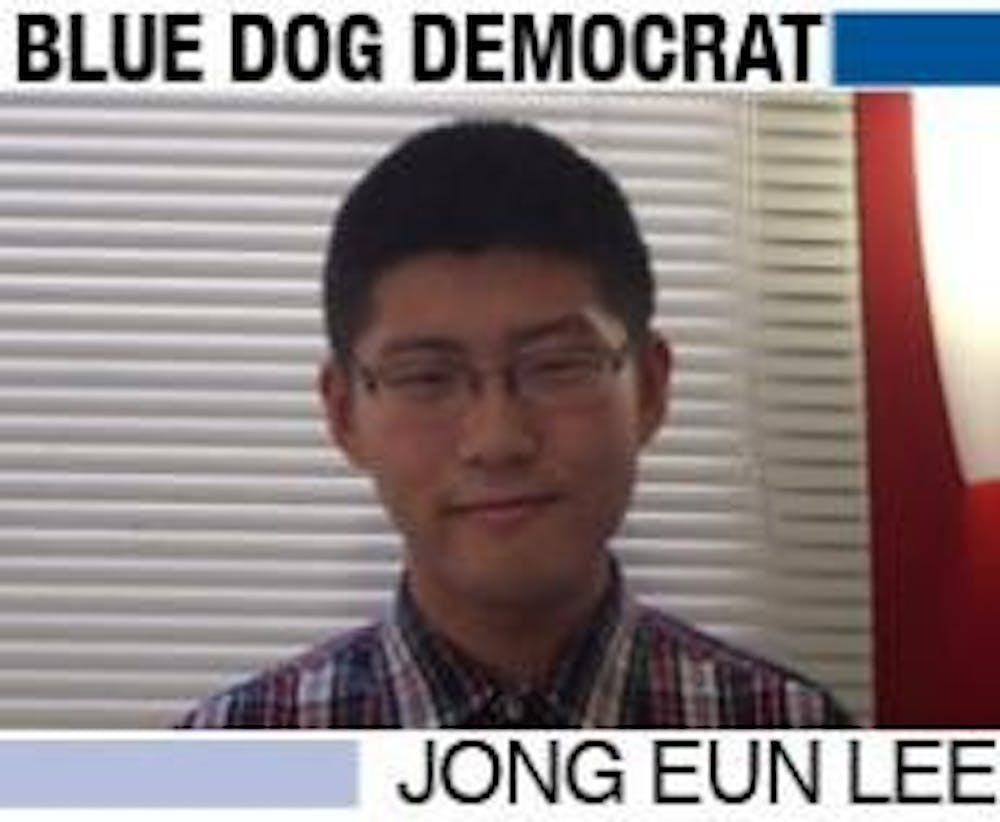Two years ago, I asked panelists at a Kennedy Political Union forum, "Why is it that whenever the United States intervenes in an international problem, nations accuse her of imperialism, but when the United States chooses not to intervene, they accuse her of indifference and neglect?" Certainly being a global leader is no easy task for the nation - so often the citizens of the world contradictorily demand both assistance and autonomy from the United States. President Obama's dilemma may be even greater than that of some of his predecessors. He faces a time when many in the United States are too preoccupied with their own economic troubles to be concerned about the nation's standing in the global community.
In the past, the United States has withdrawn into isolationism in times of economic crisis, as during the Great Depression. It may be difficult for President Obama to ask Americans to show concern towards a crisis in Zimbabwe - when few understand the nature of the crisis - much less what personal benefits they will receive if the United States intervenes. Yet, in this era of globalization the future of the United States and the rest of the world are very much interconnected.
While hardly a supporter of Bush's foreign policy, I do agree with his advocacy for aggressive intervention in problems that may affect the United States. Certainly it is not in the interest of the United States, for instance, to see Afghanistan and Iraq fall into anarchy. Sharing common economic and political principles would make the United States' global diplomacy smoother and enhance the legitimacy of its leadership.
The critics of U.S. leadership abroad may ask, "Won't the United States' meddling only make things worse?" or critics at home may say "Why should the United States help those who will be ungrateful for its help?" Many of the United States' foreign policies have unfortunately been counterproductive, including the past war in Iraq. Flawed intervention may be worse than no intervention. President Obama must execute his foreign policy commitments with great prudence. The establishment of a U.S.-favored order in any region will require patience and cooperation with regional states.
Yet, while the United States cannot be a panacea for the world's challenges, it can and should be a voice of leadership that inspires others to take its lead on addressing these challenges. Recognizing its own strengths and limitations, the United States should also display wisdom in discerning when to play a direct role and when to empower other nations to take initiatives through their own capacity.
Still, the world may not always appreciate the contributions made by the United States. Rather than focusing on transient popularity, the United States' global policy should focus on creating a consistent and sustainable world order. The true display of the United States' leadership lies on whether its values are truly practiced both inside the country and abroad. Even if global opinion does not always laud the United States through public acclamations, the United States should take pride in the appeal and desirability of its values.
There are immense expectations for President Obama and he will inevitably disappoint some with his policies. Yet, his country is still an indispensable nation in the global affairs, and his policies will directly impact the lives of both Americans and non-Americans. The solutions to the world's challenges will not come just from Obama - but they will not come without him either.
Looking beyond the immediate troubles of his own country, I hope President Obama will be remembered as a global figure that answered the issues of his time and used the power and authority of his country to set a new direction and order for the entire world.
Jong Eun Lee is a senior in the School of Public Affairs and a liberal columnist for The Eagle. You can reach him at edpage@theeagleonline.com.




